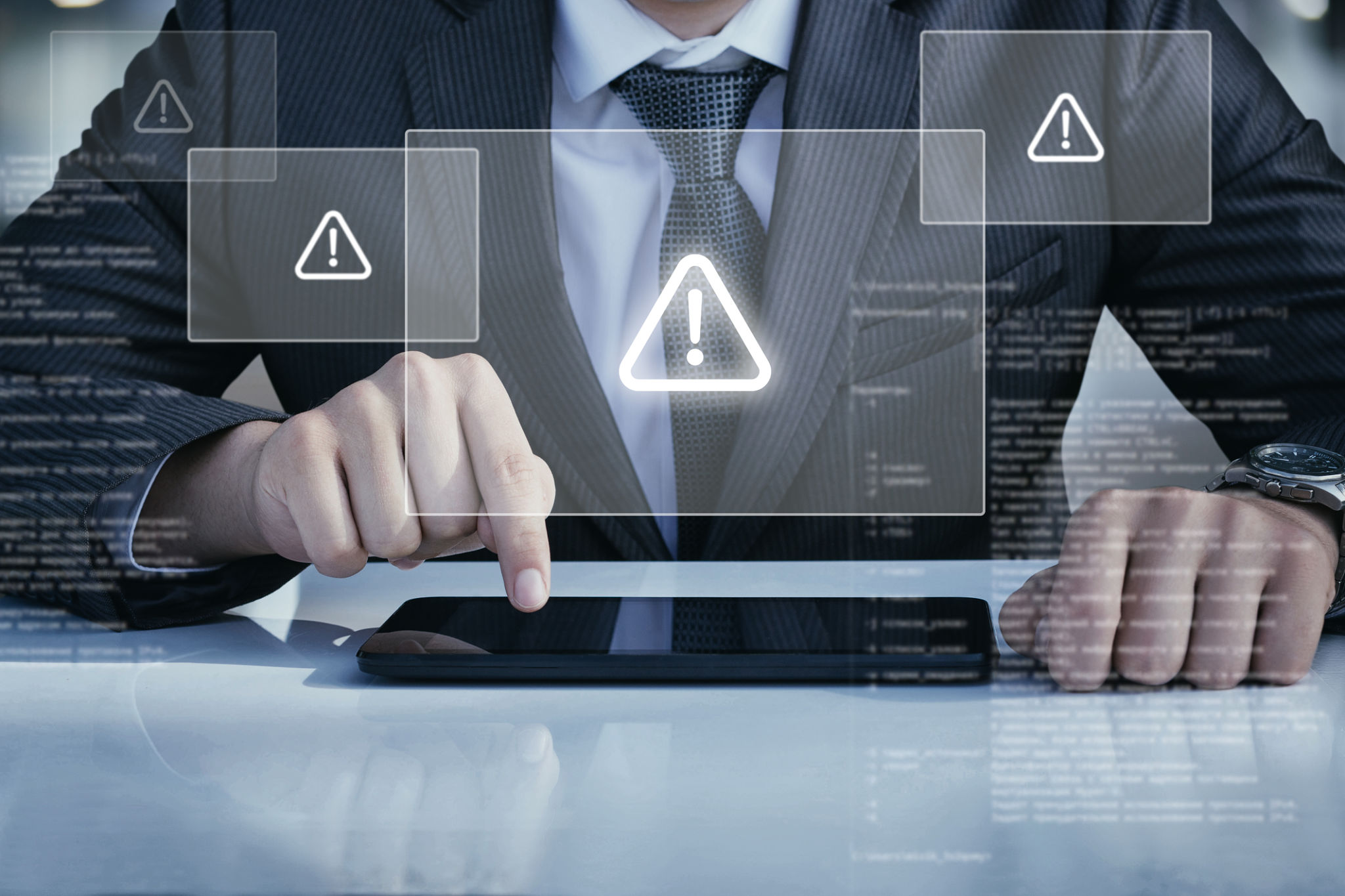Essential Cybersecurity Measures for Businesses in Isabela, PR
Understanding the Importance of Cybersecurity
In today's digital age, cybersecurity has become a crucial aspect of operating a business, especially in regions like Isabela, PR, where local businesses are embracing technological advancements. As cyber threats evolve, implementing robust cybersecurity measures is essential to safeguard your business's data and reputation. Not only can breaches result in financial losses, but they also damage customer trust, which is hard to rebuild.

Assessing Your Business's Current Cybersecurity Status
The first step in strengthening your cybersecurity is understanding your current vulnerabilities. Conducting a comprehensive risk assessment helps identify potential threats and weaknesses in your existing systems. It's essential to regularly update this assessment as new threats emerge and your business evolves. This proactive approach ensures that you are always prepared to counteract potential cyber attacks.
Engaging with cybersecurity experts for an audit can provide valuable insights and recommendations tailored to your business needs. Their expertise can guide you in deploying effective strategies and technologies to protect sensitive information.
Implementing Strong Password Policies
One of the simplest yet most effective ways to enhance cybersecurity is by enforcing strong password policies. Encourage employees to create complex passwords that combine letters, numbers, and special characters. Additionally, implement a policy for regular password updates and educate employees on the importance of not reusing passwords across different platforms.

Consider utilizing password management tools that can generate and store strong passwords securely. These tools reduce the likelihood of human error and ensure that access credentials are both robust and easy to manage.
Employee Training and Awareness
Your employees play a critical role in maintaining cybersecurity. Regular training sessions should be conducted to educate them about potential threats such as phishing scams and social engineering attacks. By fostering a culture of awareness, employees become the first line of defense against cyber threats.
Incorporating real-world scenarios in training sessions helps employees recognize suspicious activities quickly. Encourage them to report any unusual activities immediately to minimize potential damages.

Utilizing Advanced Security Technologies
Investing in advanced security technologies can significantly bolster your cybersecurity defenses. Firewalls, antivirus software, and intrusion detection systems are essential components of a robust security strategy. These technologies help monitor network activity, detect anomalies, and prevent unauthorized access.
- Firewalls: Serve as barriers between your internal network and external threats.
- Antivirus Software: Protects against malware and viruses that can compromise sensitive data.
- Intrusion Detection Systems: Detect and respond to suspicious activities in real-time.
Developing an Incident Response Plan
No system is completely immune to cyber threats; thus, having an incident response plan is vital. This plan outlines the steps your business will take in the event of a cyber attack. It includes identifying the breach, containing the threat, eradicating the cause, and recovering from the incident.

Regularly reviewing and updating your incident response plan ensures that it remains effective against emerging threats. Conduct mock drills to test the plan's efficiency and make improvements where necessary.
Securing Remote Work Environments
With remote work becoming more common, securing remote environments has become increasingly important. Ensure that employees use secure connections such as Virtual Private Networks (VPNs) when accessing company resources from outside the office. Additionally, implement multi-factor authentication (MFA) for accessing sensitive systems.
Provide employees with company-issued devices pre-installed with security software to reduce the risk of data breaches from personal devices. Regularly update these devices to patch any security vulnerabilities.

Regularly Updating and Patching Software
Keeping all software up-to-date is a fundamental cybersecurity practice. Software updates often include patches for known vulnerabilities that cybercriminals can exploit. Ensure that all systems, including operating systems, applications, and security software, are regularly updated to protect against potential threats.
Automating updates where possible can reduce the risk of human oversight. Set up alerts for critical updates that require immediate attention to maintain optimal security levels.